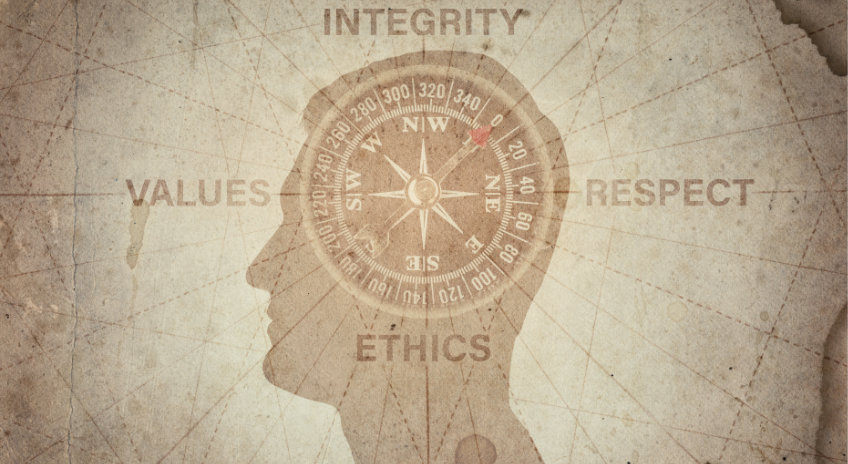
KNOW-THYSELF: Increasing Self-Knowledge to Promote Moral Behavior
The functioning of societies and the quality of social relationships heavily depend on moral behaviors such as fairness, cooperation, and honesty, whereas immoral behaviors such as exploitation, dishonesty, and fraud come at tremendous societal cost. A long-standing issue in the social and behavioral sciences thus pertains to the question: how can we promote moral and discourage immoral behavior in effective ways? The prevalent approach is to modify the situation, for example by implementing rewards for moral behavior and sanctions for immoral behavior. However, situation-based approaches are distinctly limited: they inhibit more consistent behavior change that extends to situations where the intervention is absent. In this project funded by the European Research Council (ERC Starting Grant 101039433), we pursue a new, person-centered approach that can – we propose – more widely and sustainably promote moral behavior across situations.
Specifically, KNOW-THYSELF draws on an as of yet unexploited resource for desirable behavior change: self-knowledge, defined as an accurate representation of what one is like. In the moral domain in particular, self-knowledge is restricted by self-enhancement – the pervasive bias to see oneself more favorably than reflected by one’s actions. We will test whether increasing self-knowledge about moral character can promote moral behavior across contexts and give rise to long-term change in personality traits that underlie moral action.
By adopting a multi-disciplinary perspective and combining rigorous experiments with cutting-edge field methods (e.g., experience sampling), the project addresses three key challenges:
- How to advance self-knowledge most effectively;
- How to increase self-knowledge to promote moral behavior;
- How to increase self-knowledge to initiate long-term personality change.
Tackling these challenges offers important insights of relevance for theory, research, and practice by opening up new ways to increase moral behavior in sustainable ways, such as helping others, counteracting dishonesty, and reducing crime.
| Research output: | Three dissertations, scientific articles, conference contributions |
|---|---|
| Project language: | English |
| Photo: | © iStock.com/Evgeniy Trifonov |









